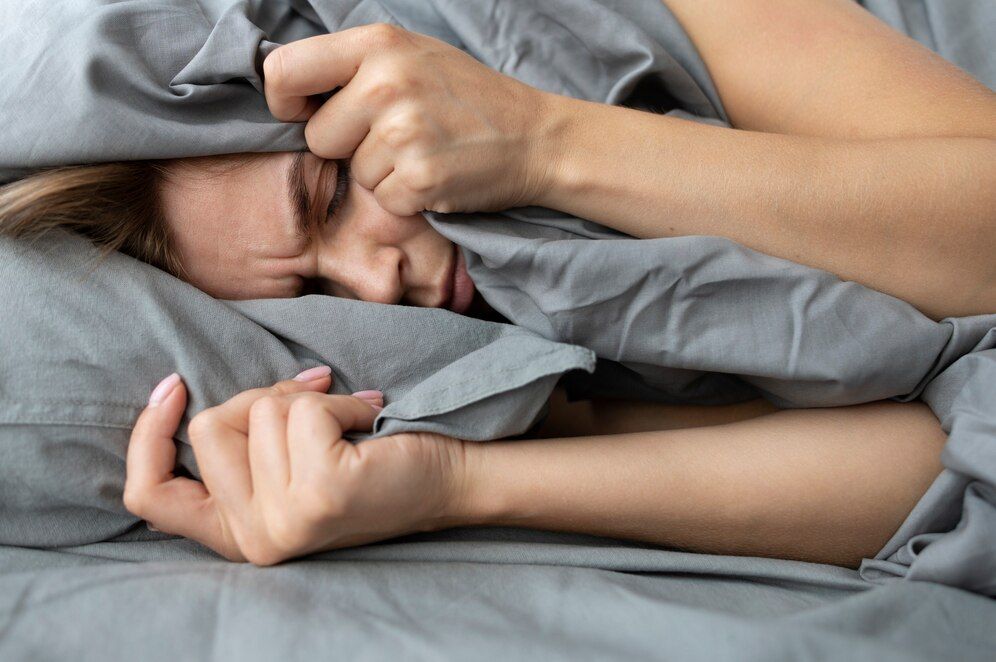Exploring Snoring Solutions for a Peaceful Night's Sleep

Snoring can significantly interfere with achieving restful sleep, both for those who snore and their bed partners. While it may seem like a mere annoyance, snoring can be a symptom of underlying health concerns, such as sleep apnea, and can ultimately take a toll on overall well-being, relationships, and daytime functioning.
Thankfully, many snoring solutions can be tailored to individual needs, effectively reducing nighttime noise and promoting a more peaceful, uninterrupted slumber. By identifying the root causes of snoring and exploring targeted treatment options, chronic snorers can take the necessary steps to regain control of their sleep and enhance their quality of life.
In this insightful blog post, we will delve into the various causes of snoring, discuss non-invasive and innovative snoring remedies, and share practical tips for achieving a quieter and more restorative sleep experience. Whether you're the one snoring or dealing with its effects as a partner, our doctor guidance can help you navigate the world of snoring solutions and arrive at a more harmonious, rejuvenating night's rest.
Understanding the Causes of Snoring
Snoring results from the partial obstruction of the upper airway during sleep, causing the vibration of soft tissues and generating the characteristic sound. Various factors can contribute to snoring, including:
Nasal congestion: Blocked or congested nasal passages can restrict airflow and increase the likelihood of snoring.
Anatomy of the airway:
Some individuals have a naturally narrow airway or larger tongue, which can create a higher risk of obstruction and consequent snoring.
Obesity: Excessive weight, especially around the neck, can place added pressure on the airway and increase the chances of snoring.
Sleep position: Sleeping on your back can lead to the collapse of soft tissues at the back of the throat, causing partial airway obstruction and snoring.
Alcohol or sedative use: These substances can relax the muscles of the throat, making it easier for the airway to become obstructed during sleep.
Sleep apnea:
Obstructive Sleep Apnea (OSA) causes pauses in breathing during sleep, often accompanied by snoring between the breathing disturbances.
Understanding the root causes of snoring is a crucial first step in determining the most appropriate and effective snoring solutions.
Non-Invasive Snoring Solutions
Several non-invasive snoring remedies can be tried initially to help alleviate snoring. These may include:
- Changing sleep position: Experimenting with different sleep positions, such as sleeping on your side, can reduce the likelihood of airway obstruction.
- Weight loss: Shedding excess weight, particularly around the neck, can help reduce pressure on the airway and minimize snoring.
- Nasal decongestants: A saline nasal spray or nasal strips can help open up nasal passages, facilitating easier breathing and reducing snoring.
- Limiting alcohol and sedative use: Avoiding alcohol and sedatives before bedtime can prevent muscle relaxation in the throat and upper airway.
- Maintaining a consistent sleep schedule: A regular sleep routine can help promote more restful sleep and potentially reduce snoring.
While these non-invasive solutions can be helpful for many individuals, more targeted and advanced treatments may be necessary for those experiencing persistent or severe snoring.
When to Seek Professional Help for Snoring
If you or your sleeping partner consistently experience disrupted sleep due to snoring, it may be time to consult with a dental sleep medicine doctor. In particular, if any of the following symptoms accompanies snoring, professional evaluation and treatment should be sought:
1. Gasping or choking during sleep
2. Frequent nighttime awakenings
3. Excessive daytime sleepiness
4. Morning headaches or dry mouth
5. Difficulty concentrating or memory issues
These symptoms may indicate an underlying sleep disorder, such as sleep apnea, which requires comprehensive assessment and treatment to protect overall health and well-being.
Innovative Snoring Solution
If non-invasive methods aren't sufficient in addressing snoring, innovative treatment options are available, including
Oral Appliance Therapy (OAT).
Sleep appliances made by a qualified sleep dentist are custom-fabricated, similar to a mouthguard or orthodontic retainer. They reposition the jaw and tongue to maintain an open airway during sleep, reducing snoring and sleep apnea symptoms.
Consult a dental sleep medicine professional to determine which innovative snoring solutions are best suited for your specific needs.
Conclusion
Snoring can undoubtedly take a toll on sleep quality, daytime functioning, relationships, and work productivity. However, by understanding the factors contributing to snoring and exploring targeted, non-invasive, and innovative snoring solutions, individuals can achieve a more peaceful and uninterrupted slumber for themselves and their loved ones.
At Pittsburgh Dental Sleep Medicine, our network of sleep dentists will work with your referring physician to support you on your journey toward a quieter, more restorative night's sleep.
Schedule an appointment with us today to discuss your unique needs and determine the most effective
snoring solutions to help reclaim quality sleep and enhance your quality of life.

